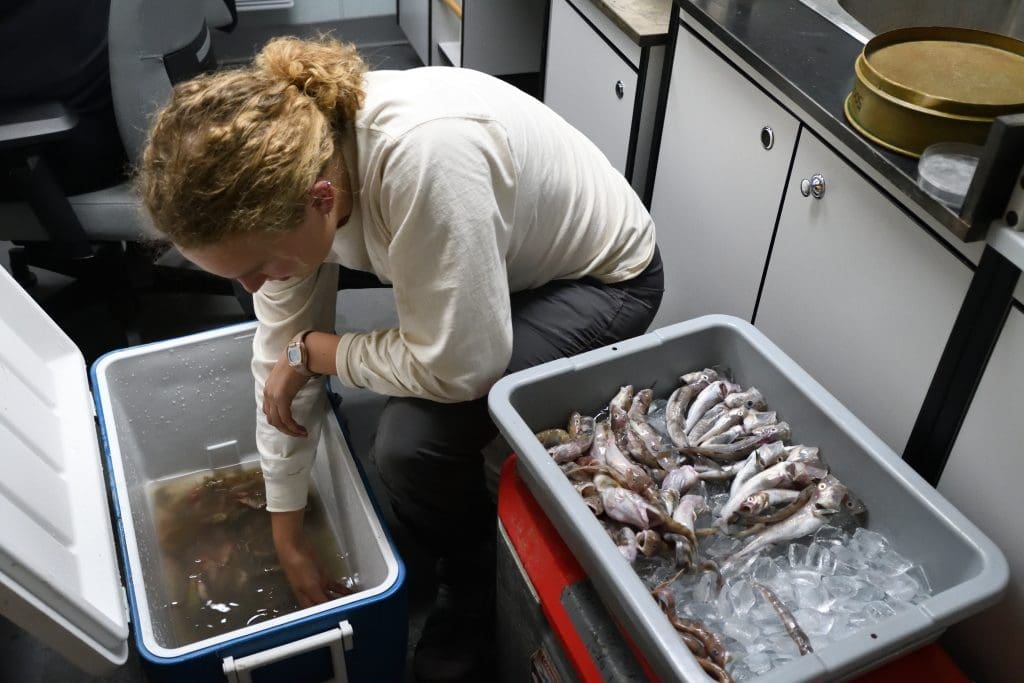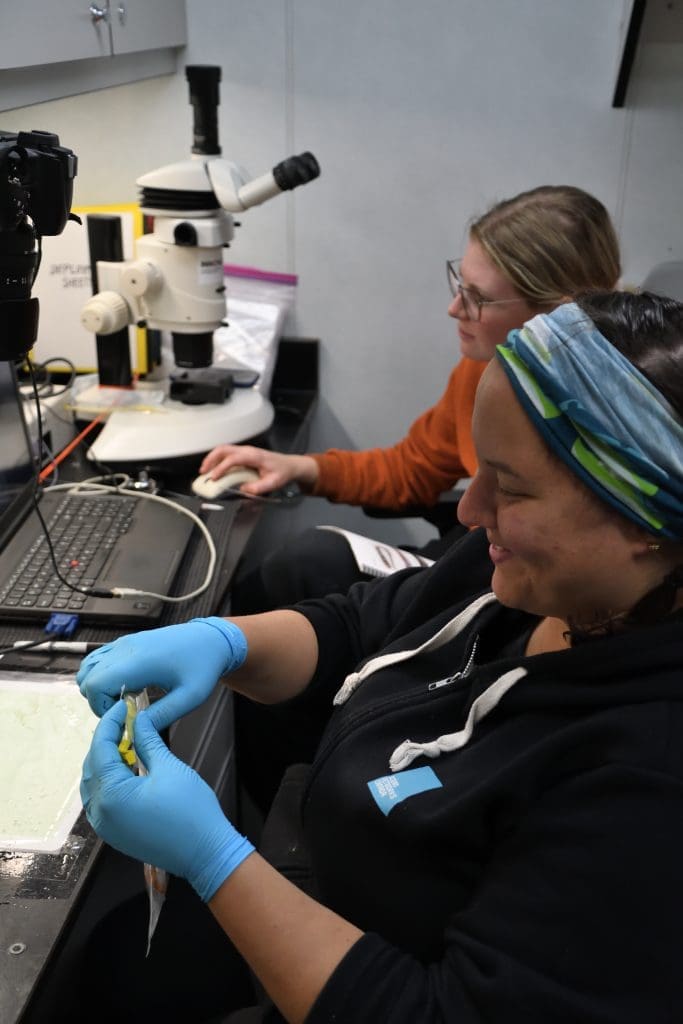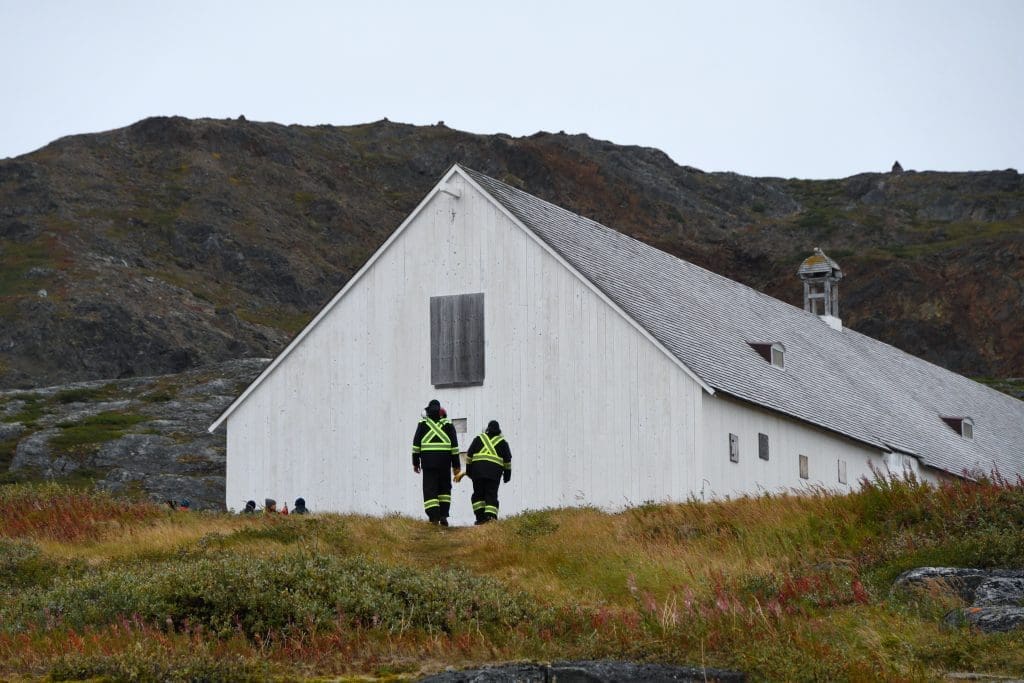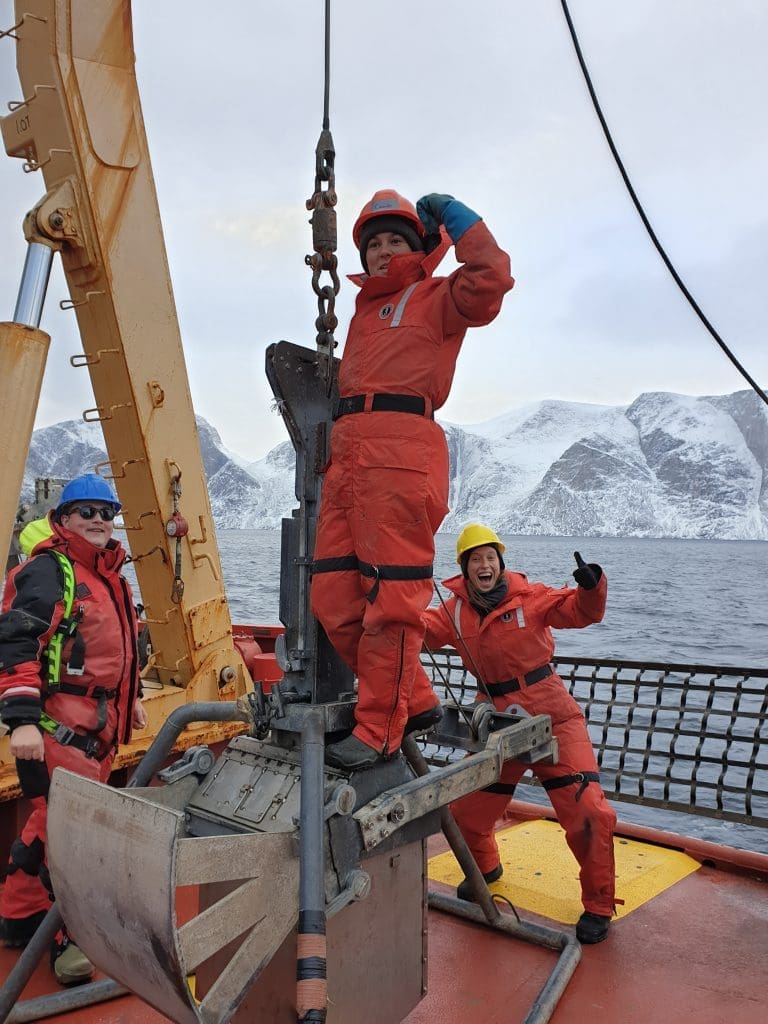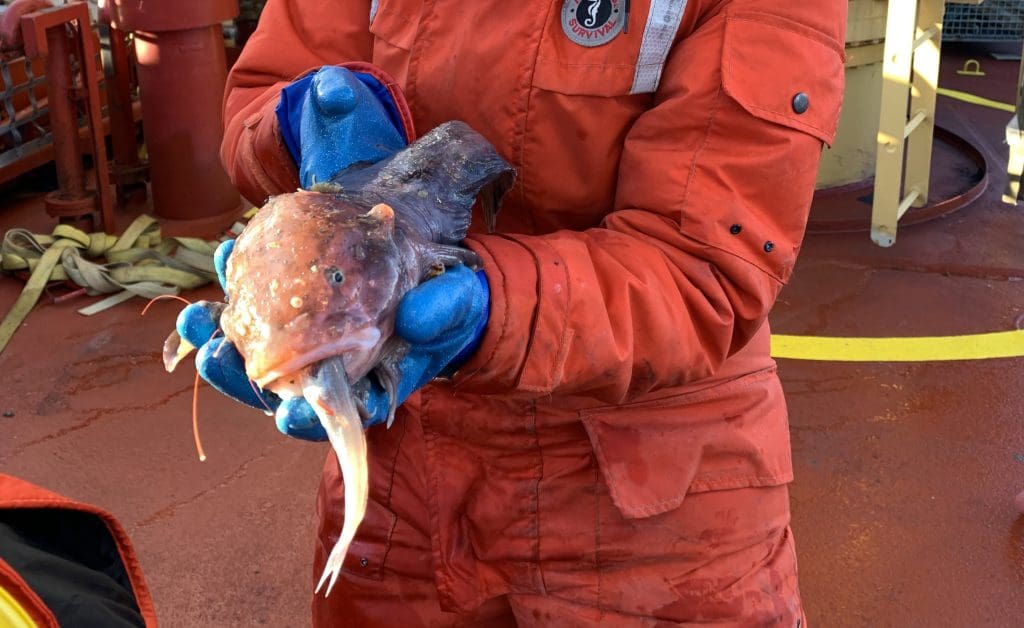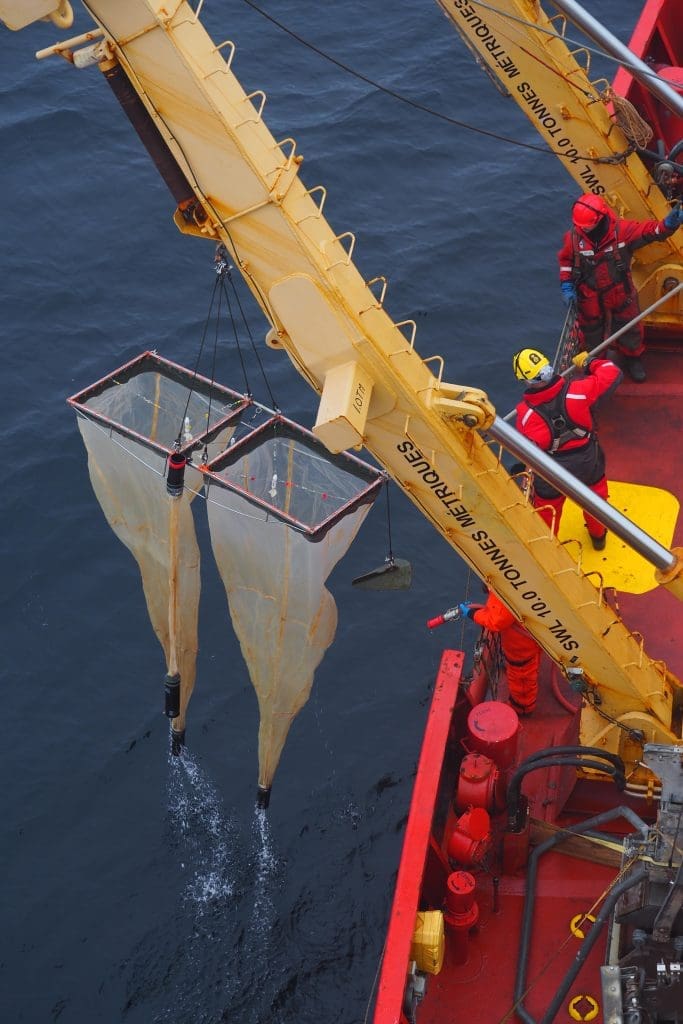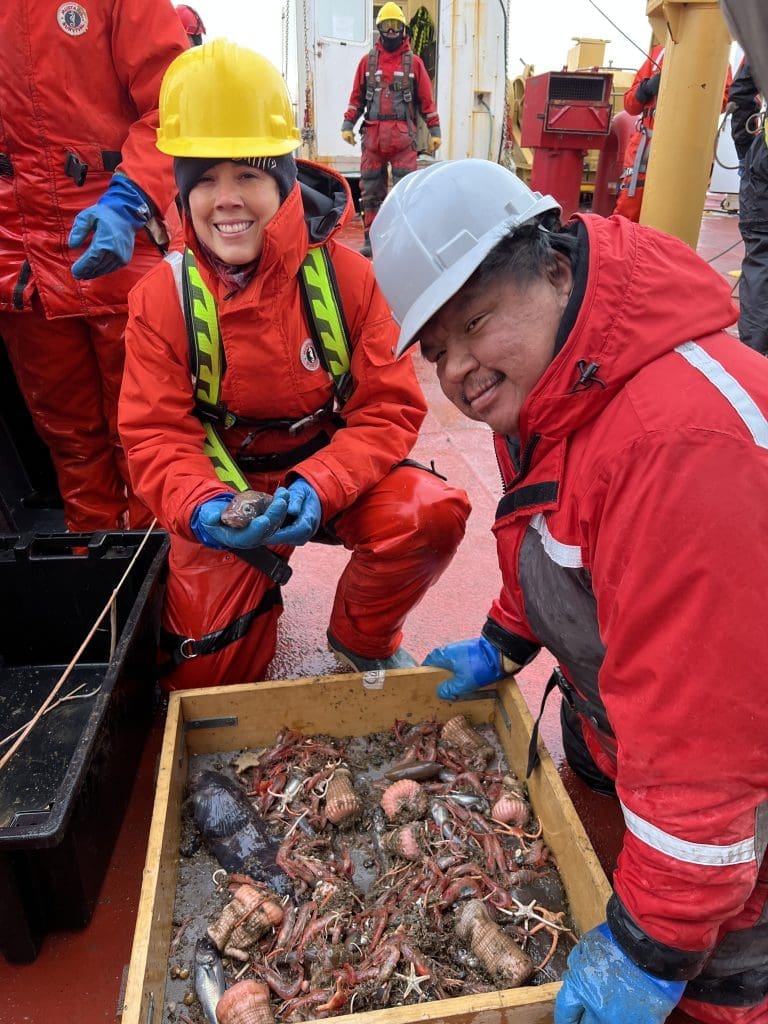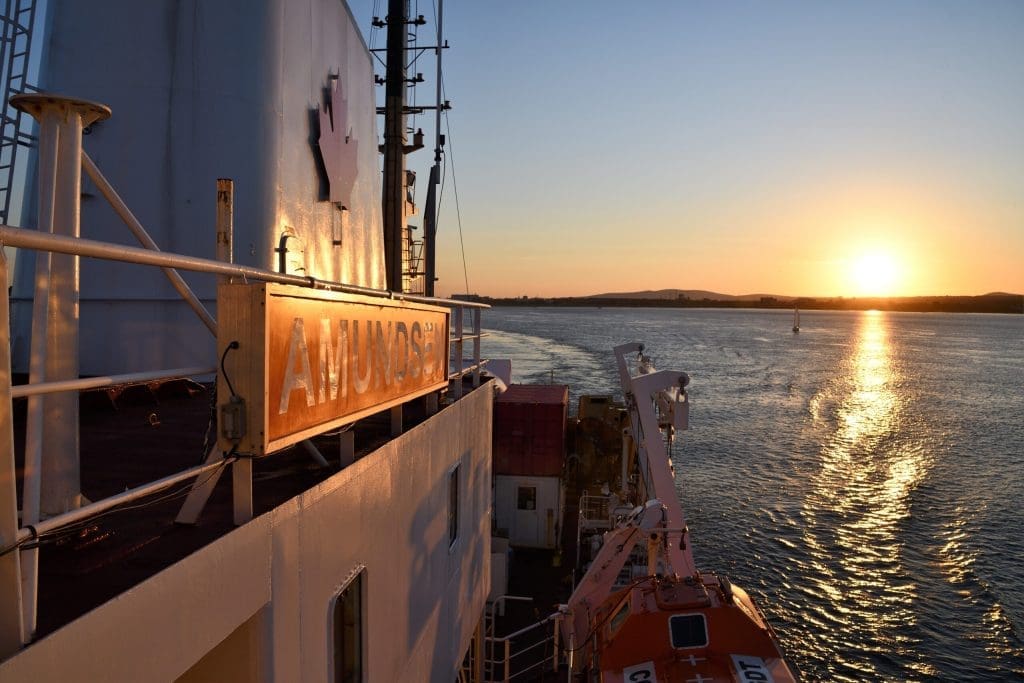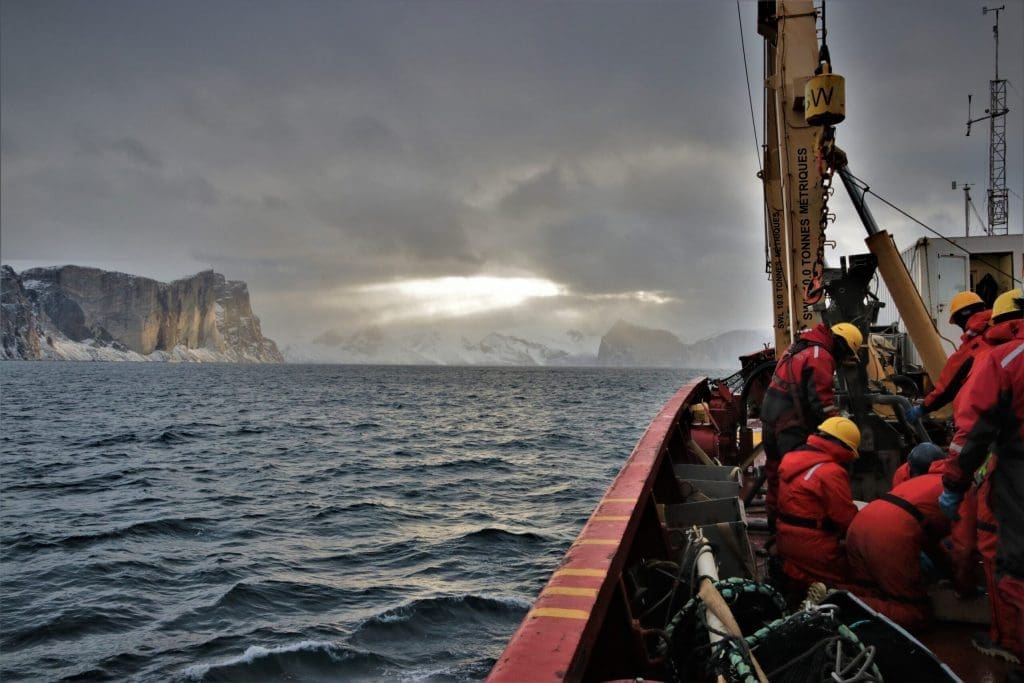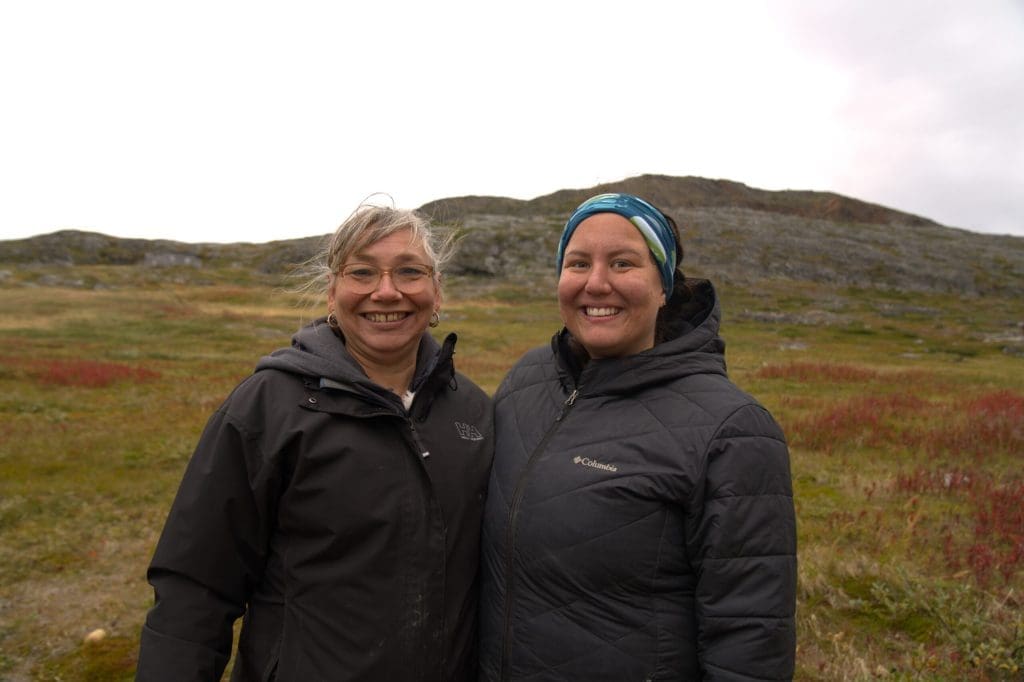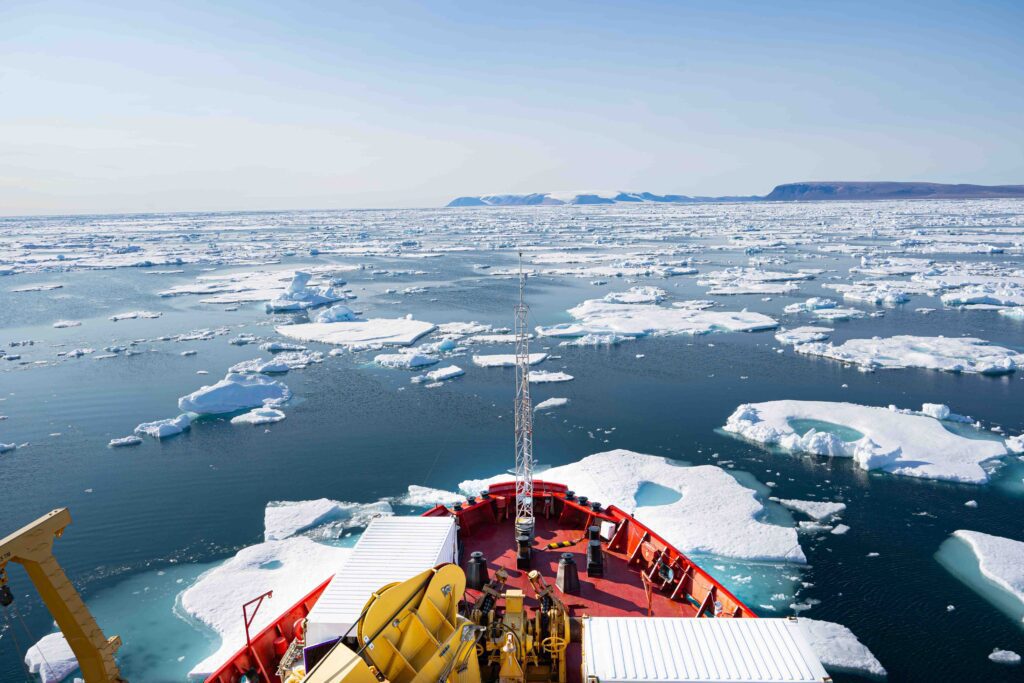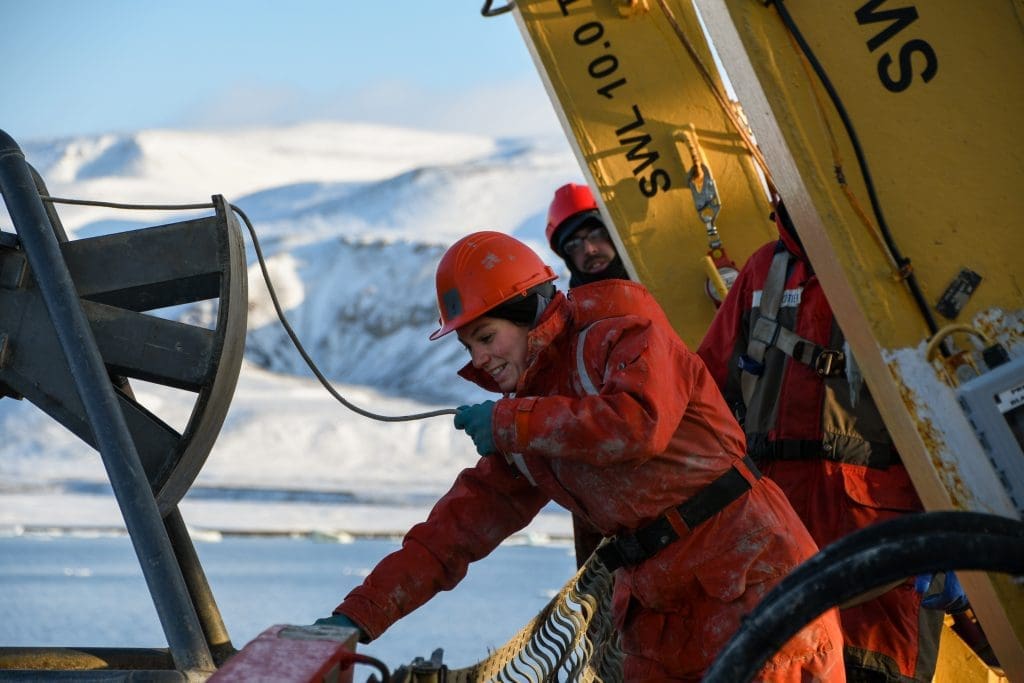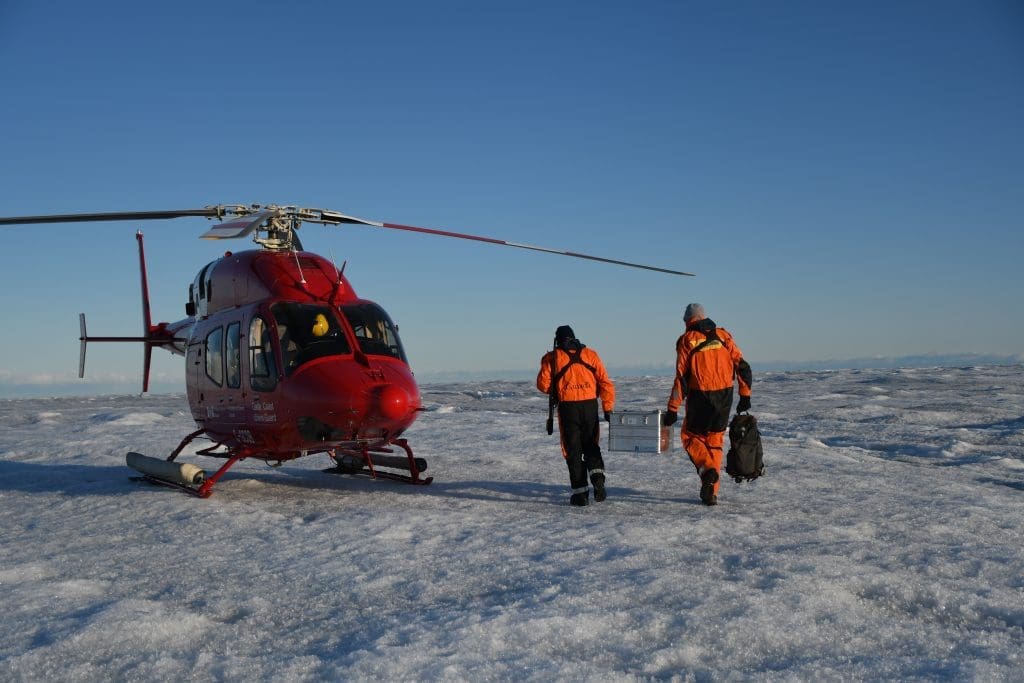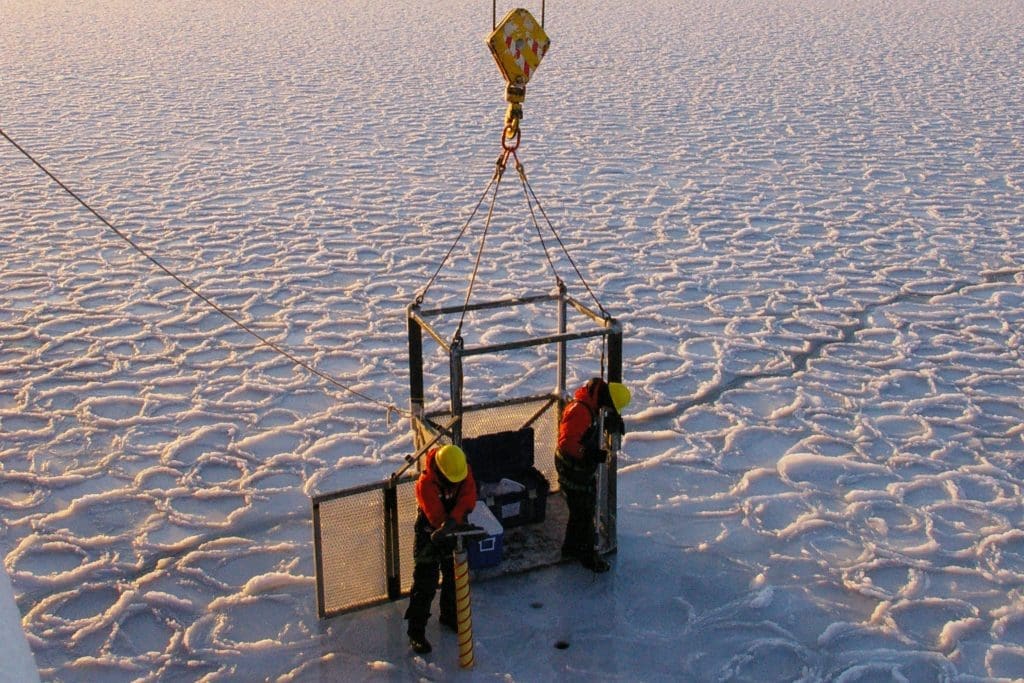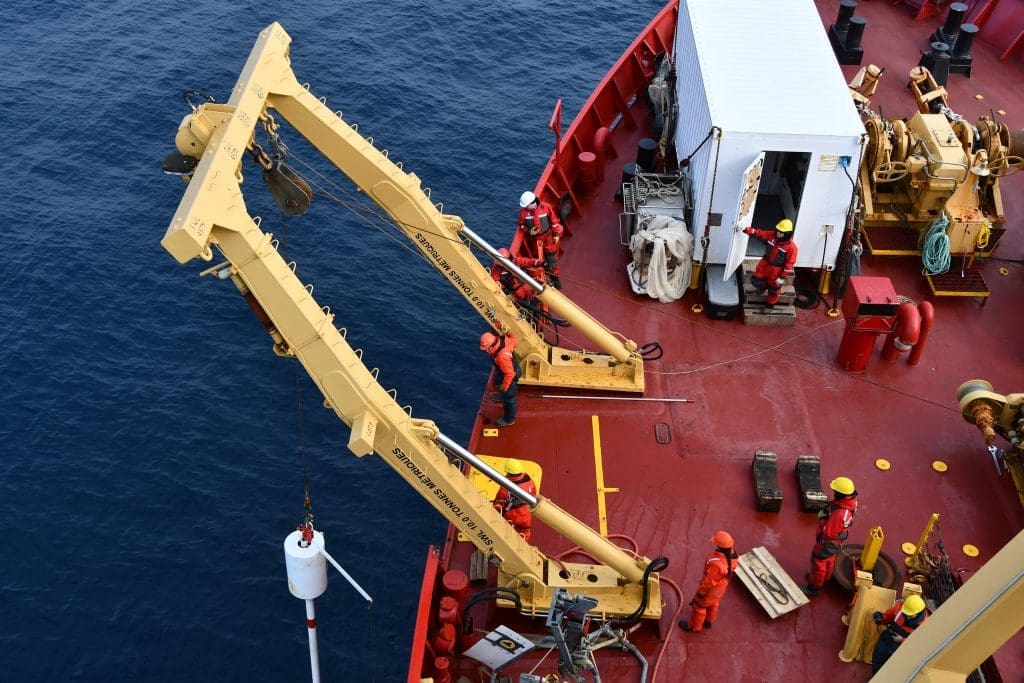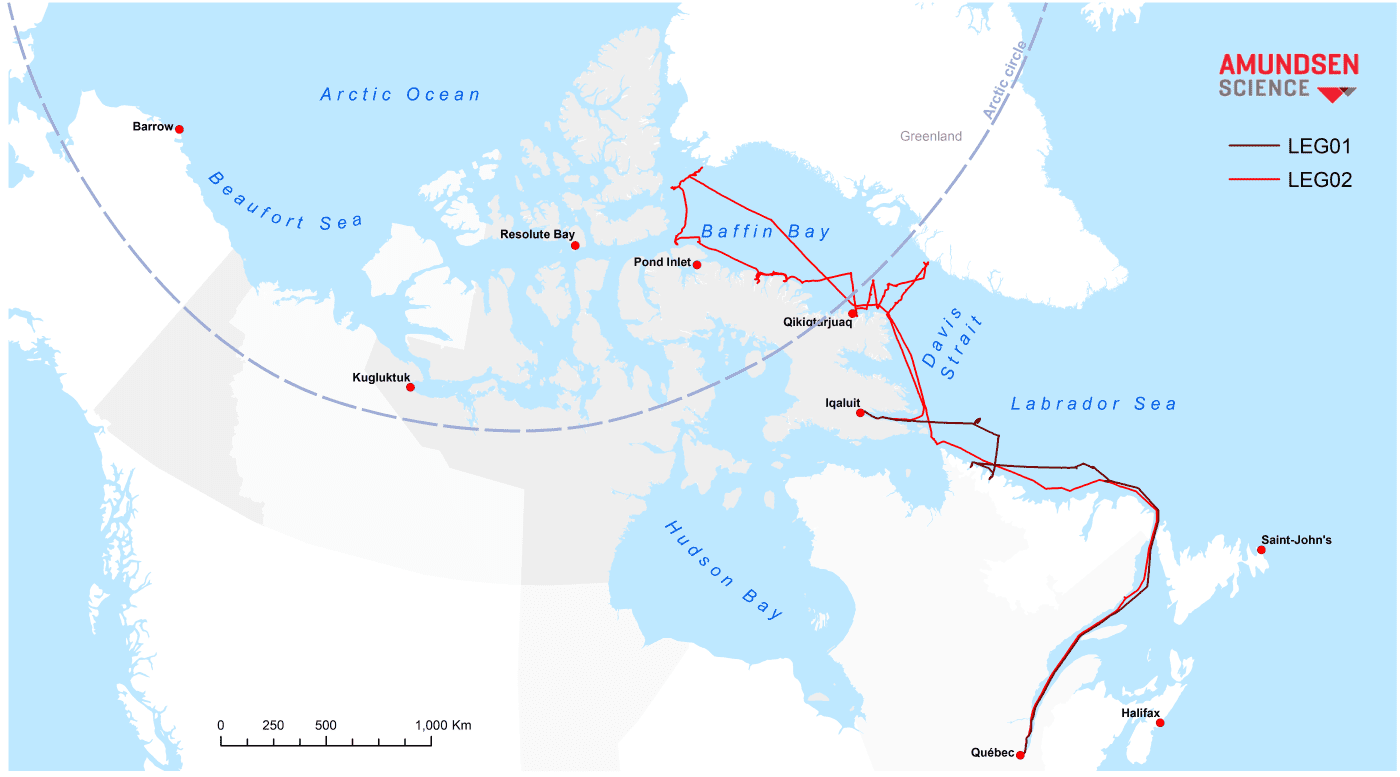
2022 Expedition
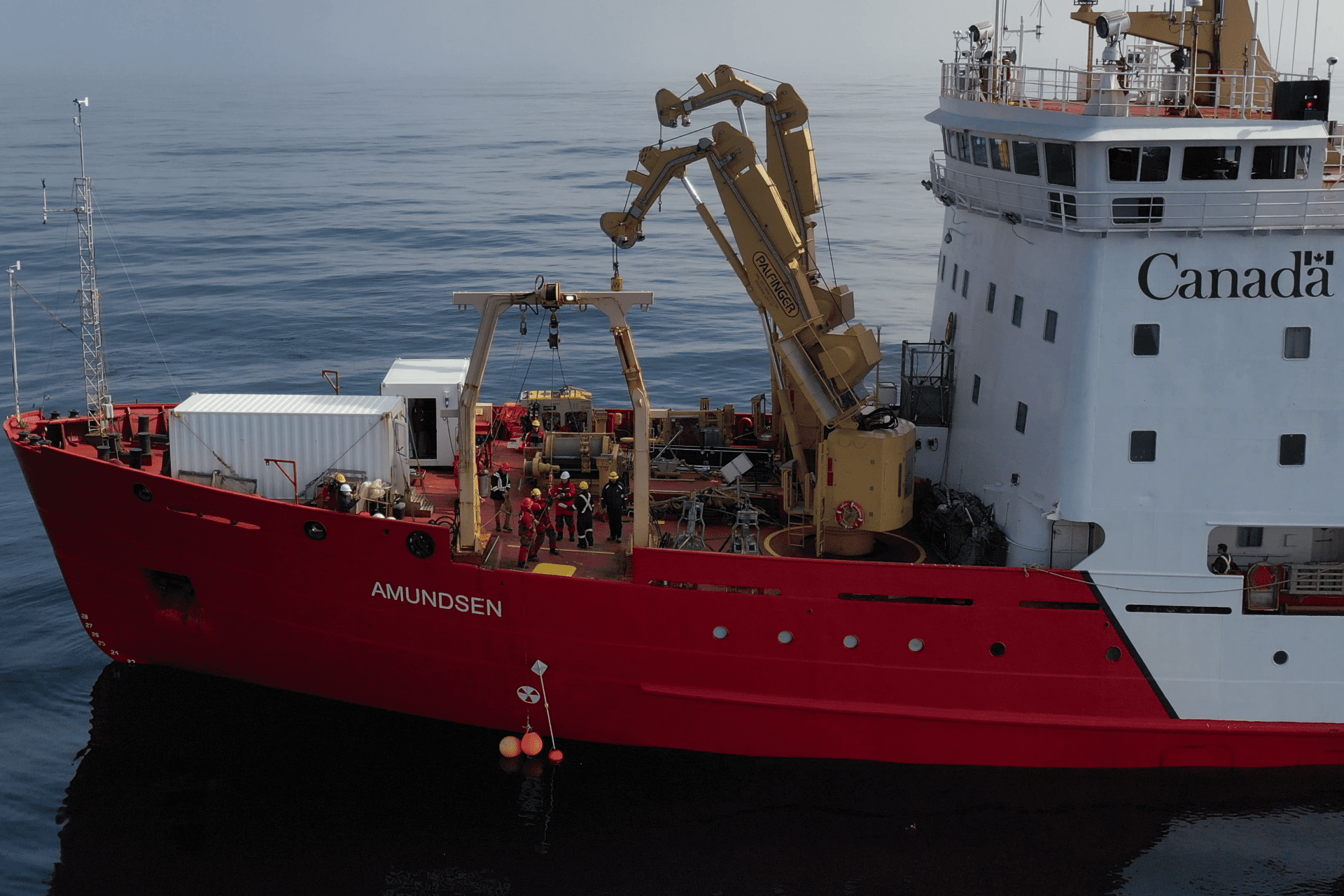
On September 9th, the Canadian research icebreaker CCGS Amundsen departed from Quebec City for its annual mission to the Arctic Ocean and came back on October 19th. Around 70 scientists from national and international research teams came on board to study the marine and coastal environments of the Canadian and Greenlandic Arctic.
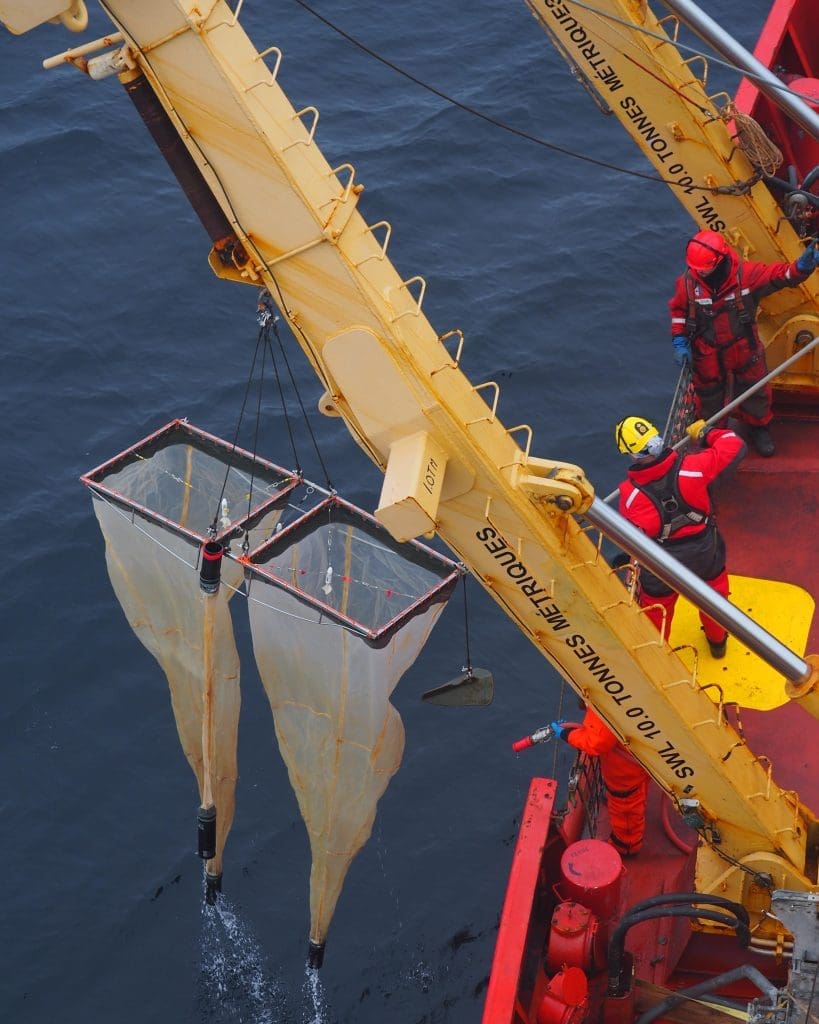
40
days at sea
7 290
nautical miles travelled
71
scientists
LEG 1 – ISICLE
(9-22 September) Quebec City to Iqaluit
This Leg focussed on supporting more Inuit-led initiatives, namely through the Imappivut marine spatial planning project led by the Nunatsiavut Government in collaboration with Fisheries and Oceans Canada, Parks Canada, Natural Resources Canada and Memorial University. One highlight of the expedition was a shore visit of the Hebron fjord located on the Labrador coast of Nunatsiavut. Over 3217 km2 of sea floor were mapped during this Leg, which represents approximately the area of French Polynesia!
LEG 2- KEBABB / ARCTICNET
(22 September – 19 October) Iqaluit to Quebec City
This Leg supported three major programs: the KEBABB project, led by Fisheries and Oceans Canada and collaborators at the University of Manitoba, Université Laval and Memorial University, a mooring project in collaboration with the Ittaq Heritage & Research Centre and the community of Clyde River, and six ArcticNet sub-projects (NTRAIN, ArcticSeafloor, ArcticFish, Contaminants, Biochemistry, ArcticKelp).
